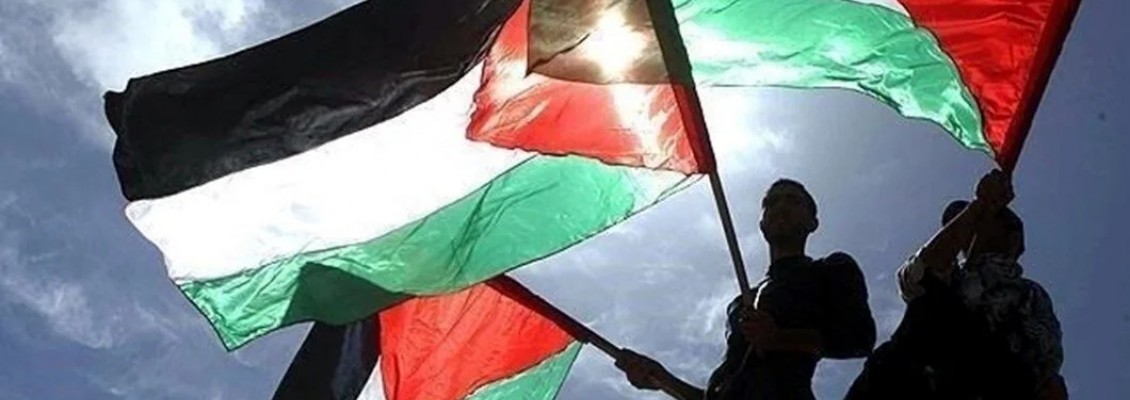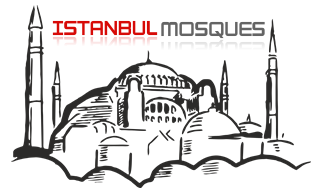
IS IT REALLY COMPLICATED? - A HISTORY AND CONTEXT OF AN OPPRESSION
This article probably won’t raise a feeling of common sense in the hearts of supporters of Israel, considering the deaths of many innocent ones couldn’t. This is why my aim is to give a little context for those who want to learn about the occupation and oppression of Israel towards Palestinias. However, it goes without saying that it is impossible to provide a very extensive context given the fact that what Palestian has been going through dates back a hundred years ago or so.
Imagine your country being given to another nation by another country and your people being killed systematically over years to the point of genocide. This is what happened to Palestinians. In the beginning was Zionism and Theodor Herzl. With the idea of Jews having their own land, Herzl began to negotiate with different countries to have the “Holy Land” and gathered “Basel Congress” which aimed to establish a state in Palestine for the Jewish people. Now, if you feel disturbed when you imagine a group of people doing these propagandas for your country, you are on the right track. The Ottoman refused this proposal. However, during WWI, Palestine fell under the mandate of Britain and The Balfour Declaration which ensured Zionists that they had the support of Britain, establishing a Jewish State in the area. After WWI and the declaration, a huge population of Jews settled in Palestine. However, as the time passed, unemployment and feeling of being second class citizens due to the increasing Jew population, left Palestinies worried and eventually led to uprisings, especially towards the Britain mandate. Uprisings were only stirred up when it was suggested that the land should be separated between Arabs and Jews. Many Palestinians who have been trying to defend their country had been killed in the hands of the British trying to control the uprisings.
During and after WWII, the Jewish population in Palestine increased significantly. By 1947, the United Nations, responding to the complex situation in the region, called for the termination of the British mandate and proposed the partition of the land between Palestine and the Jewish community. Despite Palestinian resistance to protect their land, the UN plan was implemented, giving 55% of the territory to the Jewish population, including the most fertile lands of Palestine. Following the partition, Israel initiated military expeditions aimed at the destruction of Palestinian villages and displacement of the population. Approximately 500 villages were eradicated, and an estimated 15,000 people lost their lives during this period, an event referred to as the "Nakba" or "catastrophe" by Palestinians. The forced expulsion of people from their homes and lands resulted in widespread exile. After the British mandate was terminated, Jews declared the establishment of the “Israel State”, leading the first Israeli-Arab war which would be ended with an armistice. This wouldn't be the last Israeli-Arab war.
In 1967, the six-day war broke out between Israel and neighboring Arab countries. During this time, Israel occupied the rest of the Palestinian and annexed Jerussalam. In the following years, settlement construction took place and Palestinians were put under military occupation and stripped of their political and civil expression. Recognizing the need for representation, the Palestine Liberation Organization (PLO) was acknowledged as the legitimate representative of the Palestinian people, a move viewed with apprehension by Israel, which sought to eliminate the PLO. The year 1987 witnessed uprisings, known as the Intifada, predominantly led by the younger generation, in response to Israeli occupation. It was during this period that Hamas emerged. The Intifada was ended with the Oslo Accords and the formation of the Palestinian Authority. The Palestine Liberation Organization acknowledged Israel as a state on the condition of a two-states solution which never happened and was followed by more Israeli oppression against Palestinians.
The breakdown of the Oslo Accords became evident due to the expansion of Israeli settlements on Palestinian land in the West Bank, undermining the peace process. Initially signed in 1993, the accords faced challenges as the number of Israeli settlements surged from around 250,000 to a staggering 700,000 by September of this year. This growth had significant consequences, particularly for the Palestinian population of about three million living in the occupied West Bank and East Jerusalem. The construction of Israeli settlements, coupled with the erection of a separation wall on occupied territories, has not only restricted the mobility of Palestinian communities but also created fragmentation.
These settlements, considered illegal under international law, have faced condemnation from the United Nations, which considers them a major obstacle to achieving a viable Palestinian state within the framework of the "two-state solution." The situation is further worsened by the blockade imposed on Gaza by Israel in 2007, following the rise of Hamas to power. This blockade, which remains in effect, has led to severe restrictions on the flow of electricity, food, water, and fuel to Gaza. Simultaneously, Israel maintains its occupation of the West Bank and East Jerusalem, territories that Palestinians envision as part of their future state.
This brief explanation does not come near what Palestinians have been undergoing in their daily life. Despite often being labeled as a complicated matter, the reality is straightforward – losing loved ones, homes, and lives, being defined by only numbers and your country being destroyed is anything but complex. It is crucial to understand that innocent children and adults cannot be dismissed as "collateral damage," particularly when they are deliberately and directly targeted.

Leave a Comment